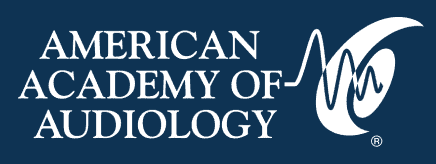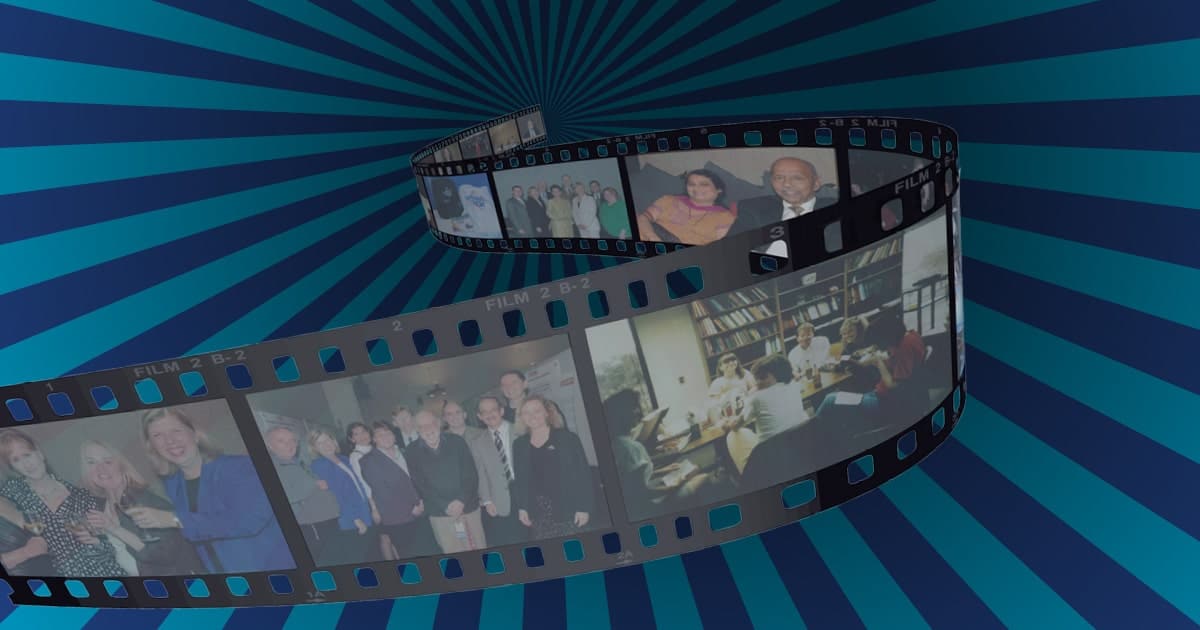The ABA Licensure/Certification Work Group has been reaching out to states that only accept CCC-A in lieu of some licensure requirements to determine why ABAC is not also accepted. Meanwhile, the Academy has updated the State Audiology Licensing Information on the Academy website. Since licensure requirements vary by state, this information can be challenging to understand, and, unfortunately, there is a lot of outdated and inaccurate information circulating. Here are a few recent questions the ABA has “heard in the field” (or clinic…)
Q: I heard that if I want to be a preceptor for final-year AuD students, I have to have my CCC-A.
A: Precepting is a fantastic way to support our future audiologists. Preceptors are not required to have CCC-A, unless the student intends to obtain CCC-A. To assist with preceptor education, ABA offers Certificate Holder-Audiology Preceptor (CH-AP) training.
Q: My employer says I must have my CCC-A to be credentialed by health plans to submit claims for patient services.
A: Health plans require that audiologists be licensed and in good standing to be credentialed as part of their provider network. Your state license is the key to being credentialed with any health plan. The 10 states that require a certification for licensure accept either ABAC or CCC-A for audiologists. Another 19 states accept either ABAC or CCC-A in lieu of reporting some of their licensure requirements and six more do not mention certification at all. In the 16 states that allow for only CCC-A in lieu of reporting some licensure requirements, if an audiologist reports on the state’s requirements for exam scores and clinical experience, there is no need for also having a certification. There are no U.S. states that require an audiologist to hold CCC-A certification exclusively.
To help audiologists, employers, students, and preceptors better understand individual state licensure requirements, the ABA has created a series of State Licensure Cards. Like baseball trading cards, these cards have an easy-to-read summary of each state’s requirements for audiology licensure. Keep an eye out at AAA 2024+HearTECH Expo where these cards will be on display and ready for you to take home.
Recent Posts
Why Do Elephants Have Such Big Ears?
African elephants have the largest ears of any animal, sometimes growing more than six feet long and five feet wide. An elephant’s ears are used…
Founders’ Day
The 32 audiologists gathered in Houston, Texas, in 1988 to discuss the formation of a national association of audiologists. On January 30, 1988, 32 audiologists met…
House Minibus Advances with Mixed Outcomes for EHDI
Last week, the U.S. House of Representatives passed a fiscal year (FY) 2026 minibus appropriations package that includes the Labor, Health and Human Services, and…



